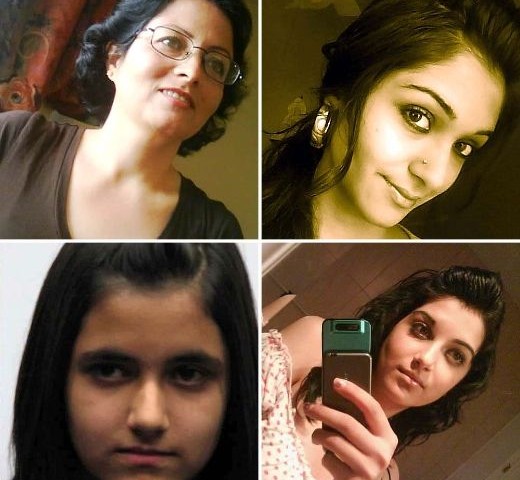Justice in Canadian Mass Honor Killing

Ayaan’s take on the verdict of the Shafia trial, also seen in the Huffington Post.
After deliberating for only 15 hours, the jury in the Canadian Shafia “honor killing” trial returned a verdict: all three defendants guilty of first-degree murder. For the premeditated murder of teenage daughters Zainab, Sahar, and Geeti, and first wife Rona, Mohammad, Tooba Yahya, and Hamed Shafia will now begin serving life sentences.
The details of this quadruple homicide have been well documented. But Justice Robert Maranger, who presided over the 12-week trial, gave perhaps the best summary of the case as he imposed the sentence on the defendants:
“It’s difficult to conceive of a more heinous, more despicable, more honourless crime. The apparent reason behind these cold-blooded, shameful murders was that the four completely innocent victims offended your twisted notion of honour, a notion of honour founded upon the domination and control of women, a sick notion of honour that has no place in any civilized society.”
The verdict in the Shafia case exemplifies the ability of Western legal systems to provide justice to victims of honor violence. In other parts of the world, killing in the name of honor serves as a defense to murder charges. I applaud the Crown attorney in Ontario for having the courage to pursue an honor violence motive in this case. They are among a small group of prosecutors in North America willing to recognize honor killings for what they are: a shameful form of violence against women supported by insidious notions of honor.
I also commend the judge and jury for thoughtfully reviewing the evidence and coming to the only logical conclusion: that the defendants committed premeditated murder because of a deranged notion of familial honor. Other prosecutors presenting cases with similar motives to Western juries have not fared as well. Last year, the judge presiding over the trial of Faleh Almaleki in Phoenix, Arizona for the murder of his daughter, Noor, rejected the prosecutor’s theory that the father was motivated by the same deranged notion of family honor despite ample evidence that Almaleki murdered his daughter because of his displeasure with her increasingly Western lifestyle. The jury in that case also missed the mark by failing to convict Almaleki of first-degree murder and instead finding him guilty of murder in the second degree. To be sure, this verdict ensures that Almaleki will spend the remainder of his life in prison; however, it falls short of recognizing the hateful, premeditated nature of his crime and the full extent of Noor’s suffering.
There are undoubtedly other cases of honor violence and honor killings in the West that do not receive international media attention and, indeed, do not even receive adequate attention from local law enforcement and service providers. If anything positive can come from the Shafia verdict, let it be that law enforcement throughout North America takes the time to educate themselves about honor violence. Violence and murder justified by perverted notions of family honor are happening here and the victims are most often the young women who embrace Western culture with their entire hearts and souls. It seems little to ask in return that we protect them from suffering unspeakable harm, and even death, for doing so.

